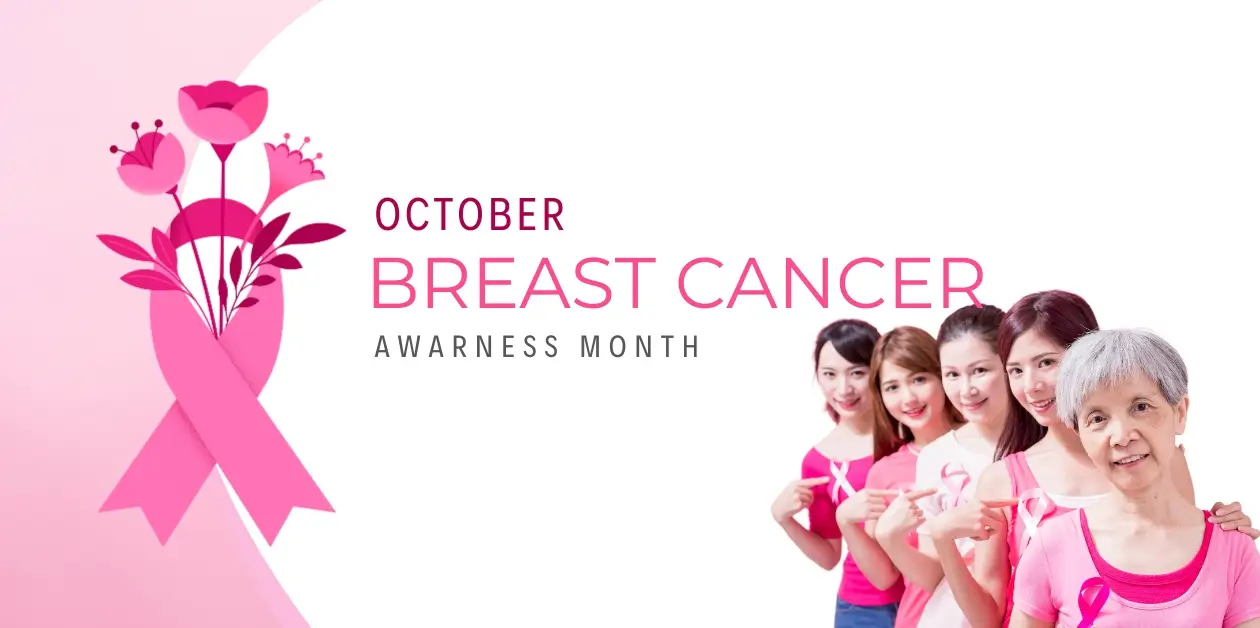Women’s health is a multifaceted topic, encompassing physical, mental, and emotional well-being. By understanding your body and adopting healthy habits, you can prevent disease, improve quality of life, and feel your best at every stage of life.
1. Understanding Women's Health
Women have unique health needs that change throughout their lives. From puberty to menopause, hormonal fluctuations, reproductive health, and lifestyle factors all play a role in overall wellness. Key areas include:
- Reproductive health: Menstruation, contraception, fertility, and pregnancy.
- Hormonal health: Thyroid issues, menopause, and estrogen-related conditions.
- Bone and heart health: Women are more prone to osteoporosis and heart disease, especially after menopause.
- Mental health: Stress, anxiety, and depression affect women differently due to biological and social factors.
2. Regular Screenings and Check-Ups
Prevention is the cornerstone of women’s health. Regular screenings can detect problems early:
- Pap smear and HPV tests – detect cervical cancer.
- Mammograms – monitor breast health, especially after age 40.
- Bone density scans – check for osteoporosis risk.
- Blood pressure and cholesterol checks – prevent heart disease.
- Blood sugar tests – monitor for diabetes.
3. Nutrition for Women
Eating well supports hormonal balance, energy levels, and overall health:
- Calcium & Vitamin D – for strong bones.
- Iron – to prevent anemia, especially during menstruation.
- Folate – critical during pregnancy for fetal development.
- Healthy fats & antioxidants – support brain, skin, and heart health.
Aim for a balanced diet with plenty of fruits, vegetables, whole grains, and lean proteins.
4. Exercise and Physical Activity
Regular exercise benefits both physical and mental health:
- Cardio – supports heart health and circulation.
- Strength training – prevents bone loss and maintains muscle mass.
- Yoga or Pilates – improves flexibility, balance, and stress management.
- Consistency matters – 30 minutes a day, 5 days a week is ideal.
5. Mental and Emotional Well-Being
Mental health is just as important as physical health. Women may face stressors from work, family, and societal pressures:
- Practice mindfulness or meditation.
- Seek counseling or therapy if needed.
- Maintain strong social connections.
- Prioritize sleep and self-care.
6. Reproductive Health Awareness
Understanding your reproductive health empowers you to make informed decisions:
- Track menstrual cycles to notice irregularities.
- Discuss contraception and family planning with a healthcare provider.
- Be aware of symptoms like pelvic pain, heavy bleeding, or unusual discharge.
7. Lifestyle Choices That Promote Health
- Avoid smoking and excessive alcohol.
- Maintain a healthy weight.
- Stay hydrated.
- Manage stress effectively.
Conclusion
Women’s health is holistic—physical, mental, and emotional wellness are interconnected. By taking a proactive approach, attending regular check-ups, eating well, staying active, and managing stress, women can live healthier, happier lives. Empower yourself with knowledge, listen to your body, and prioritize your well-being every day.






Comments (0)
You must be logged in to leave a comment. Login here
No comments yet
Be the first to share your thoughts!